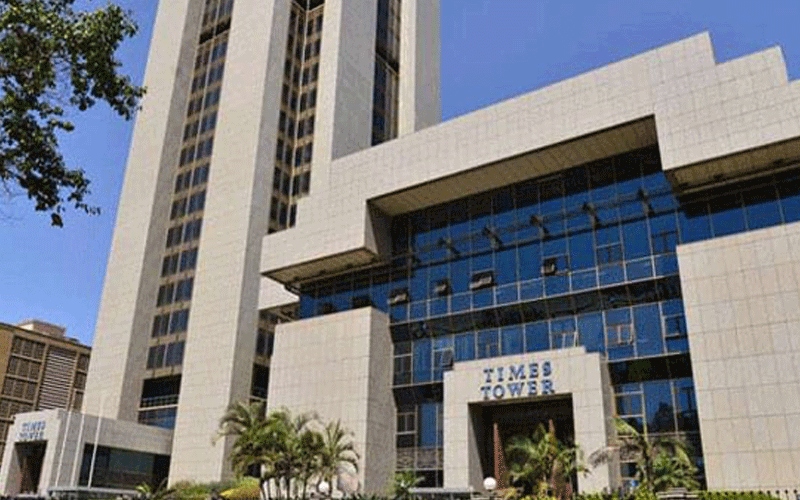State mulls ways to control legal cases against taxman
By Zachary Ochuodho, June 19, 2020Zachary Ochuodho @zachuodho
The government has proposed a law to protect Kenya Revenue Authority (KRA) from being sued unless the legal action is initiated within 12 months from the date an action arose or six months from the cessation of continuing damage or injury.
It wants, through Finance Bill 2020, to manage the suits against the taxman, thus denying potential litigants the freedom to seek legal redress.
Speaking when he tabled the 2020/21 budget in Parliament, National Treasury Cabinet Secretary, Ukur Yatani, said the tax measures required to generate the 2020/21 revenue is contained in the Finance Bill, 2020.
“Given the need to conclude transactions in a timely manner and/or the need for certainty through consistent interpretation of tax law, these measures would appear retrogressive and should be reconsidered,” KPMG said in its analysis.
It said that the suits may be dismissed if lodged out of the prescribed time. In addition, they may be dismissed if KRA was not notified a month in advance of the intention to sue.
Legal proceeding
“The one month’s notification to sue also appears under the Government Proceedings Act (GPA). However, the provision under the GPA was declared unconstitutional in 2012,” the professional services firm said.
The Government wants the Act to be amended by inserting that legal action against the Authority shall not be instituted unless first, it is commenced within 12 months after the Act, neglect or default complained of.
Secondly, in the case of continuing injury or damage, within six months after the cessation of the act and thirdly, at least one month written notice specifying the particulars of the claim and intention to commence the action or legal proceeding has been served upon the Commissioner-General.
Collect revenues
In the same Finance Bill the government also seeks to introduce a commission to be paid to KRA by County governments where KRA assists to collect revenues.
The commission is capped at 2 per cent of the revenue collected.
The proposed change seeks additional source of revenue to the taxman where it collects revenue on behalf of a county government or government agency such as the recent deal between the National Government and Nairobi County where KRA was appointed as an agent to collect revenue on behalf of the county.
The Bill also seeks to create an avenue for KRA board to make regulations for capacity building and training.
The proposed introduction will assist the KRA to streamline the various initiatives it has on capacity building and training.
It includes the running of a training institution. It is, however, not clear what the place of the Kenya School of Revenue Administration (KESRA) will be under the new proposals.
Treasury is also seeking to empower the Capital Markets Authority (CMA) to license, approve, and regulate private equity and venture capital companies that have access to public funds.
KPMG said the proposed amendment would provide the CMA with supervisory powers over private equity and venture capital companies that have access to public funds.
“More clarity may be required on the definition of public funds since some of these companies get their funds from private sources,” it added in its analysis.
More Articles

